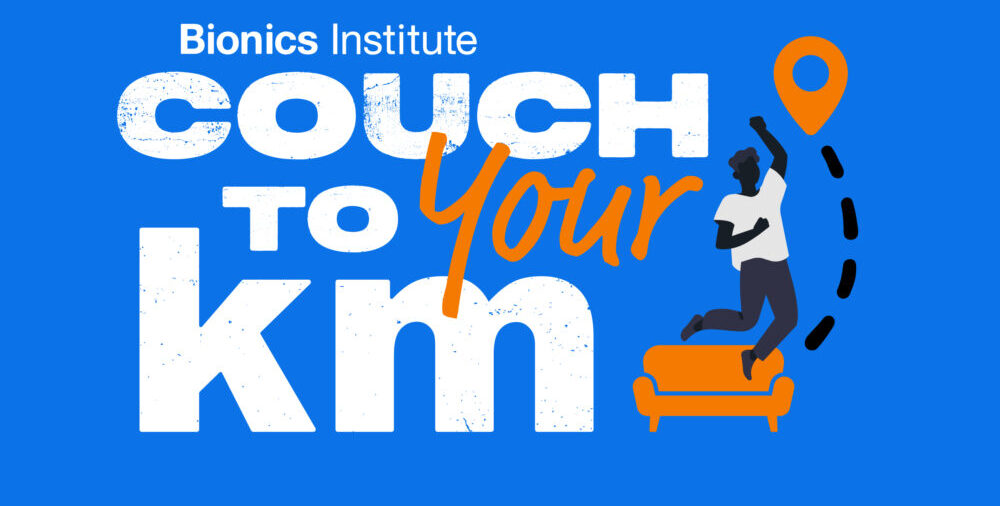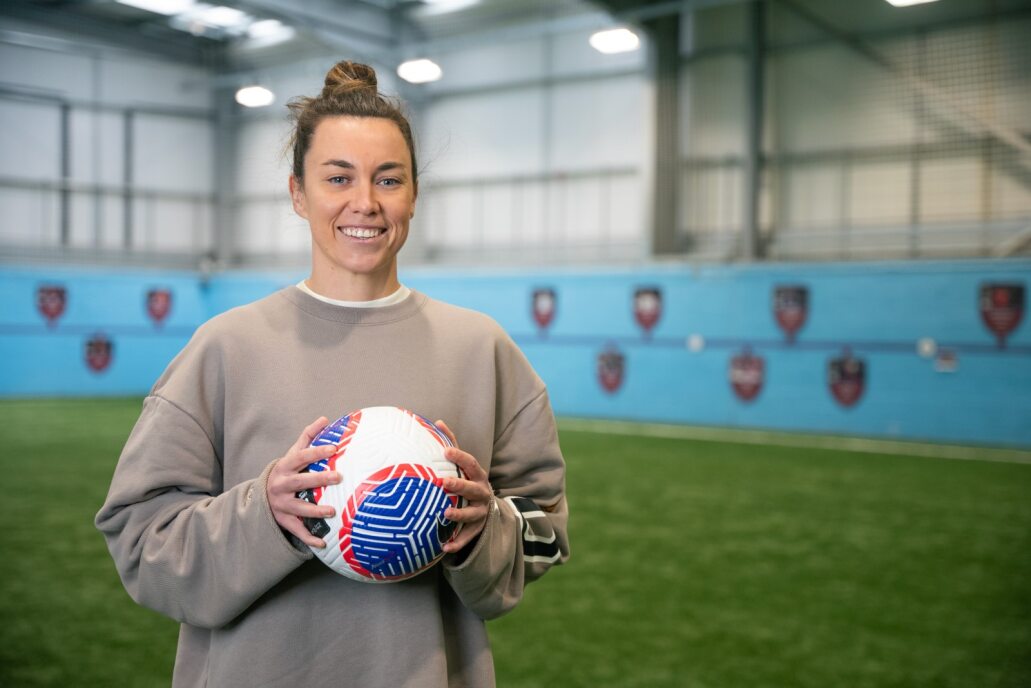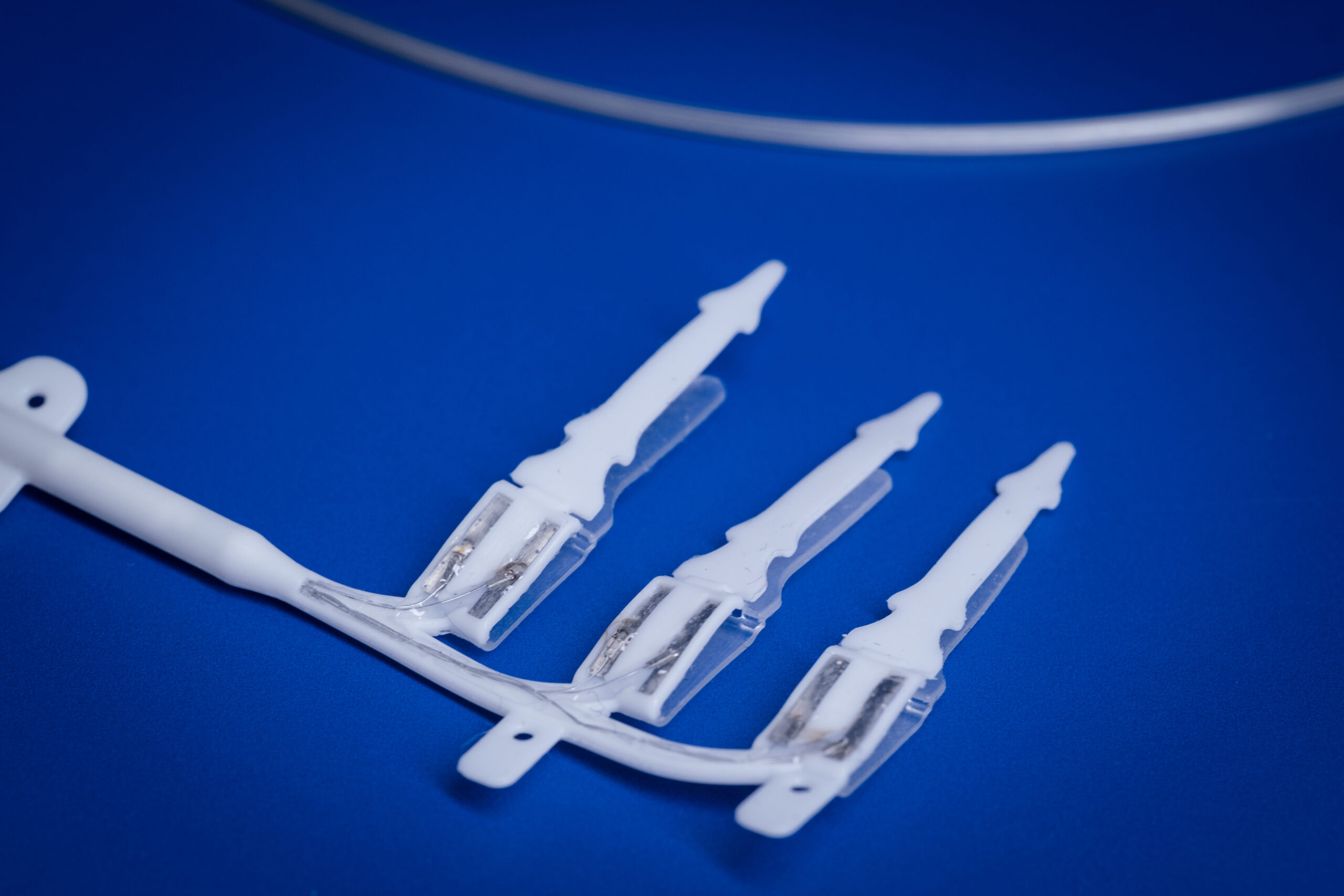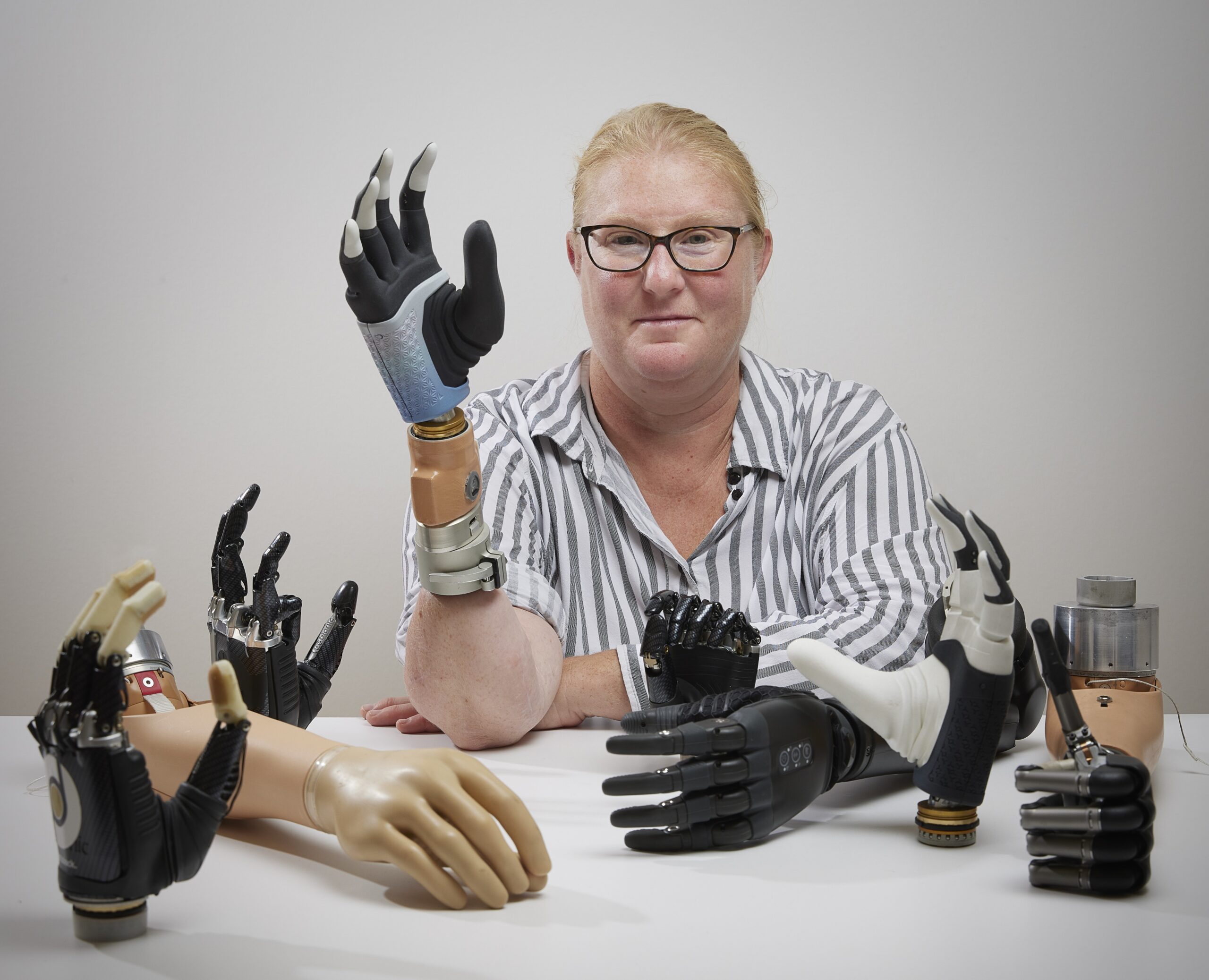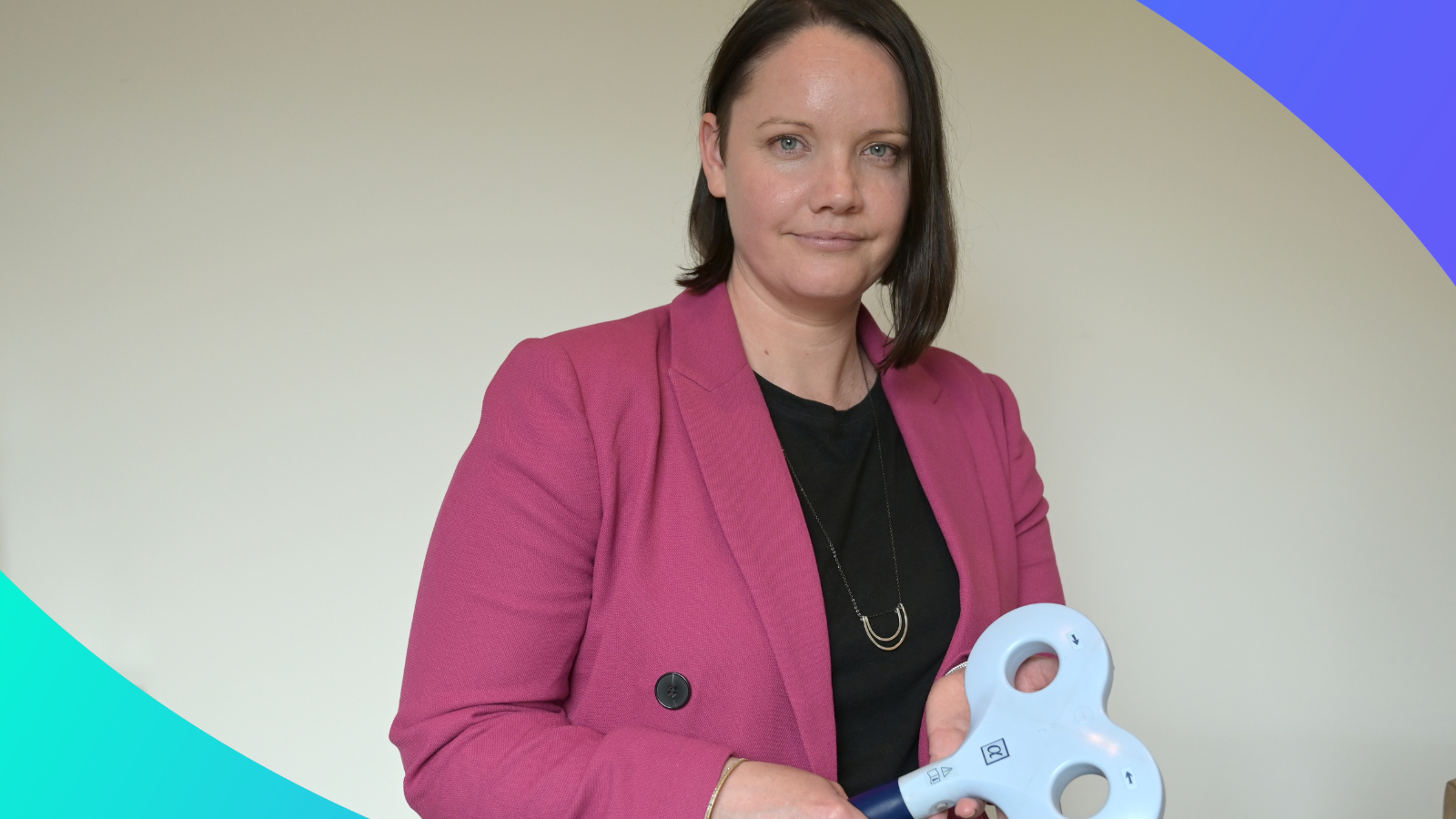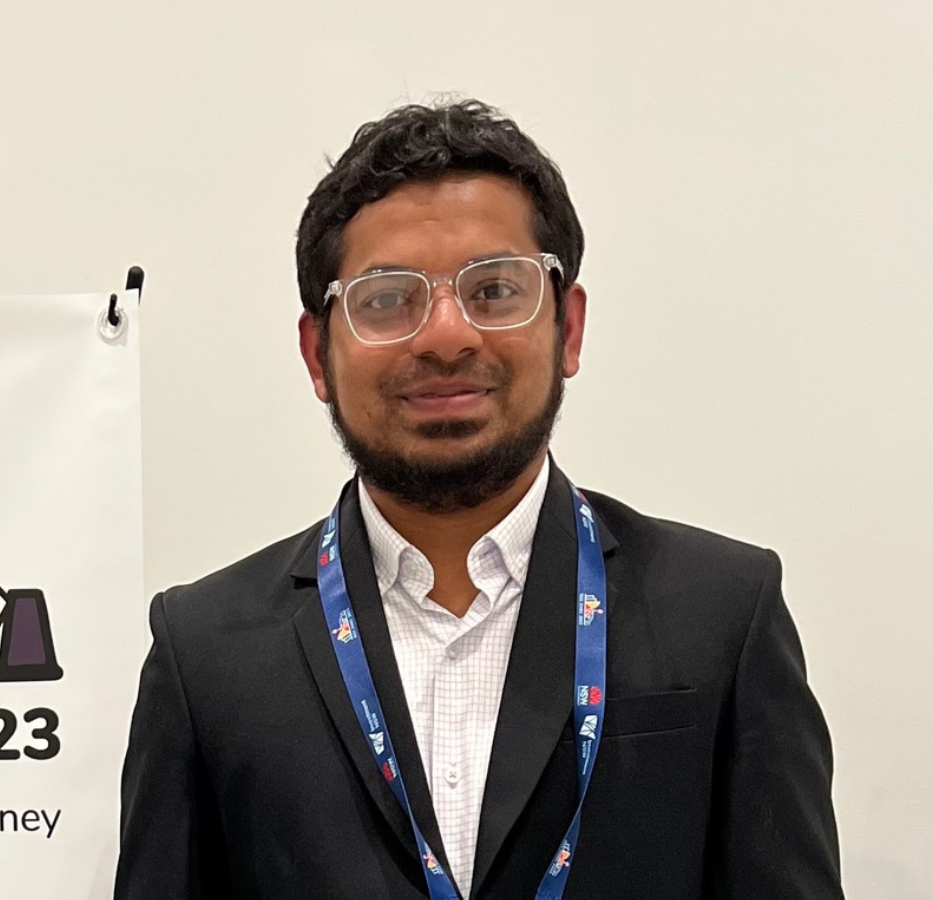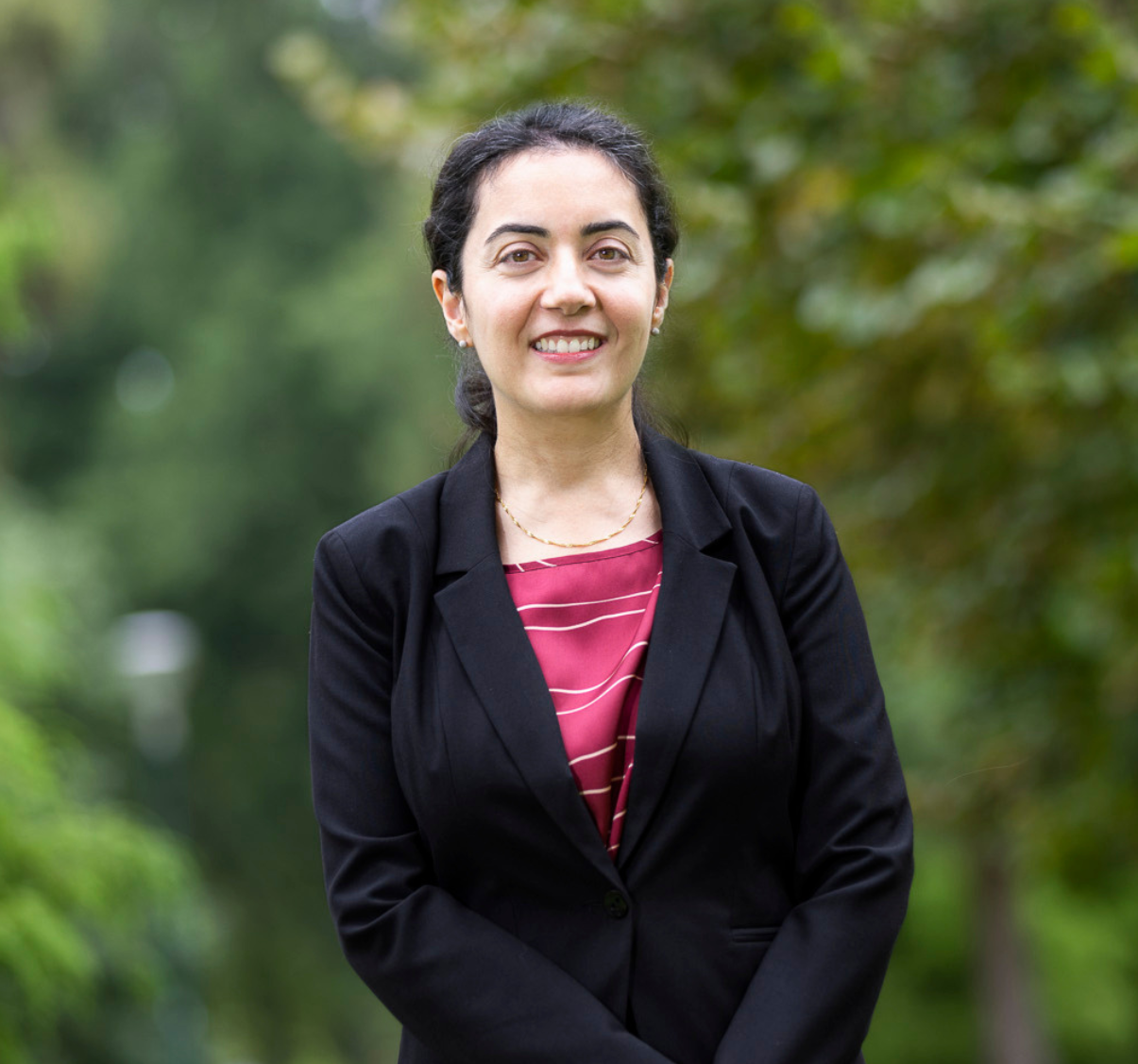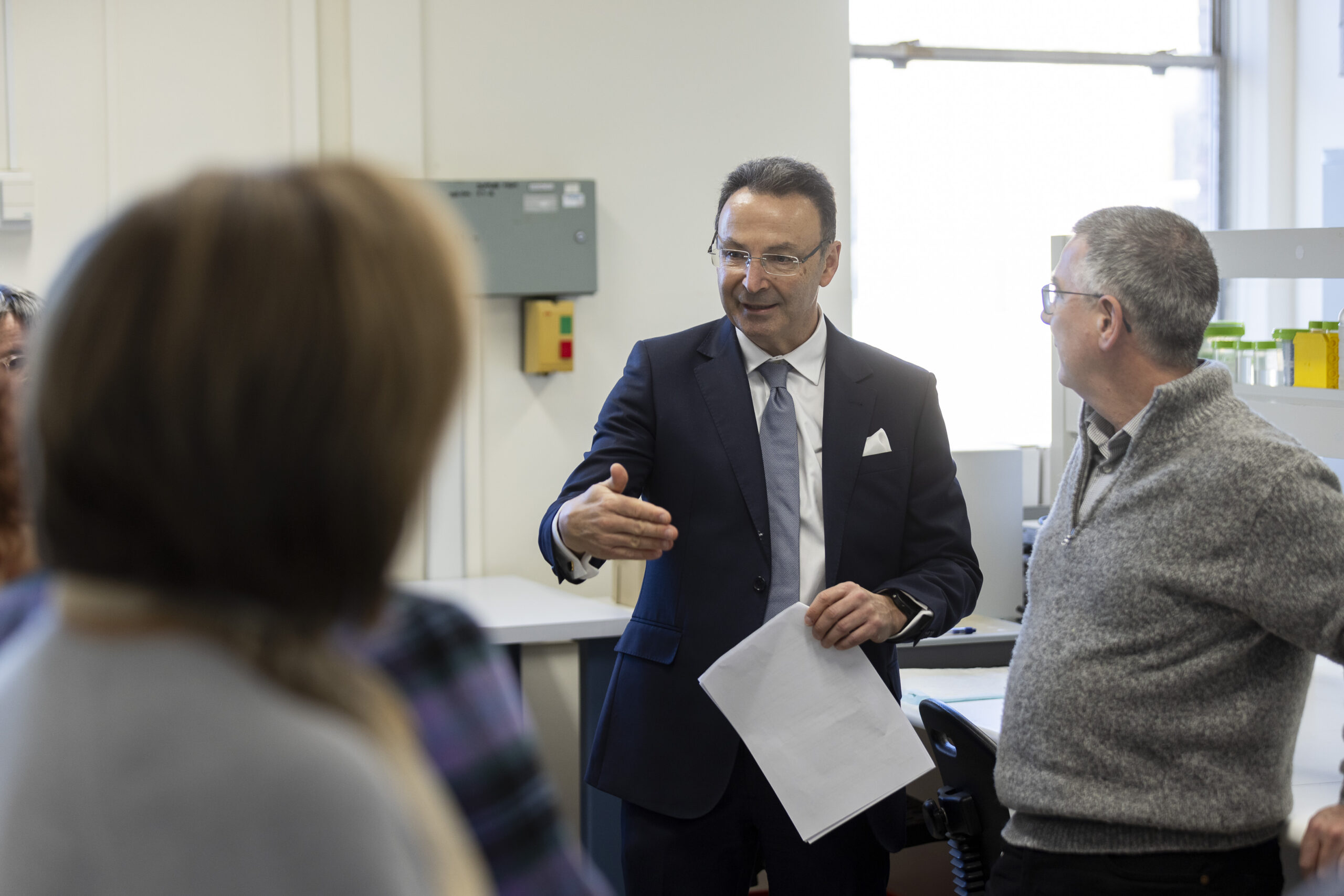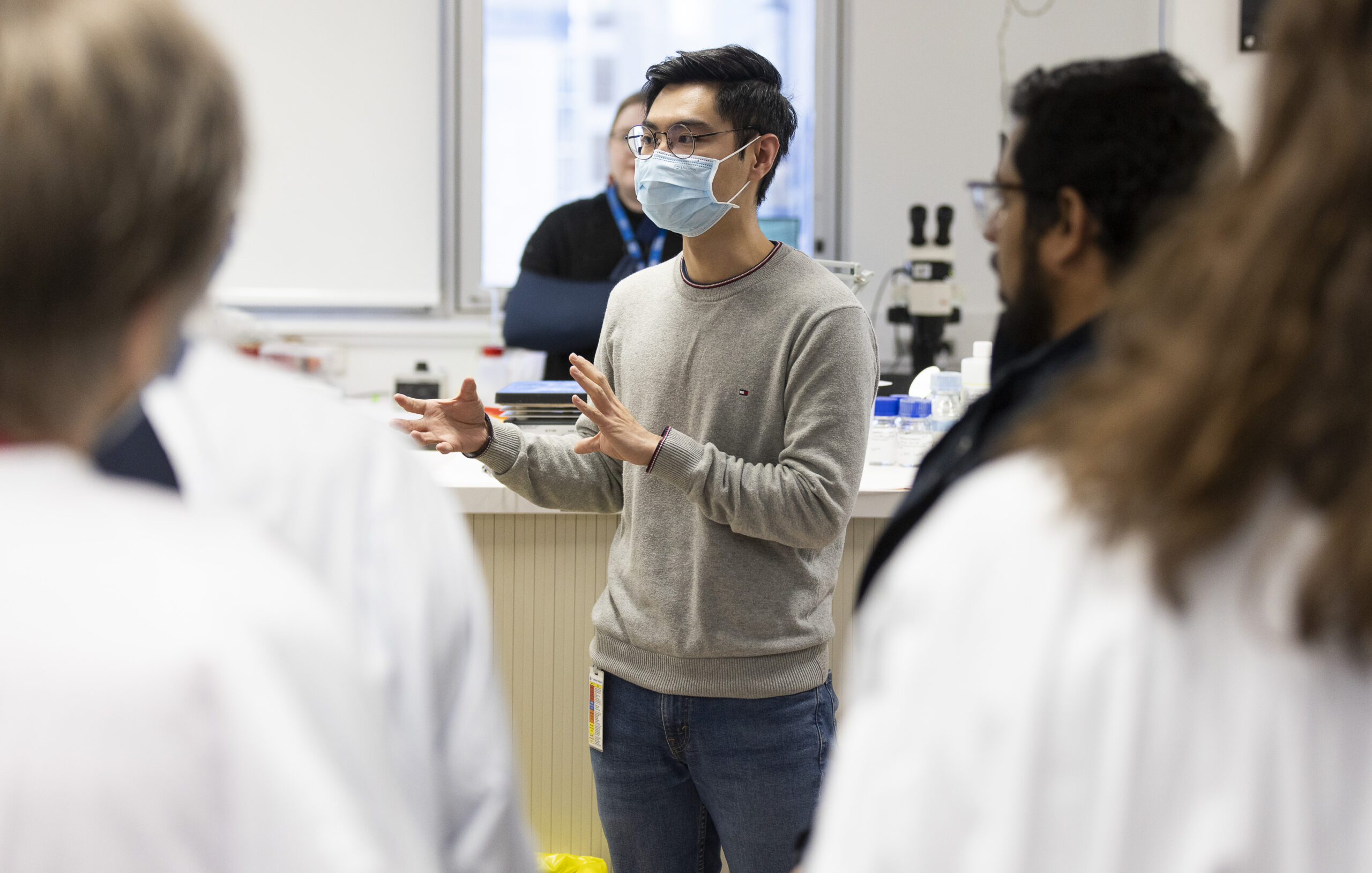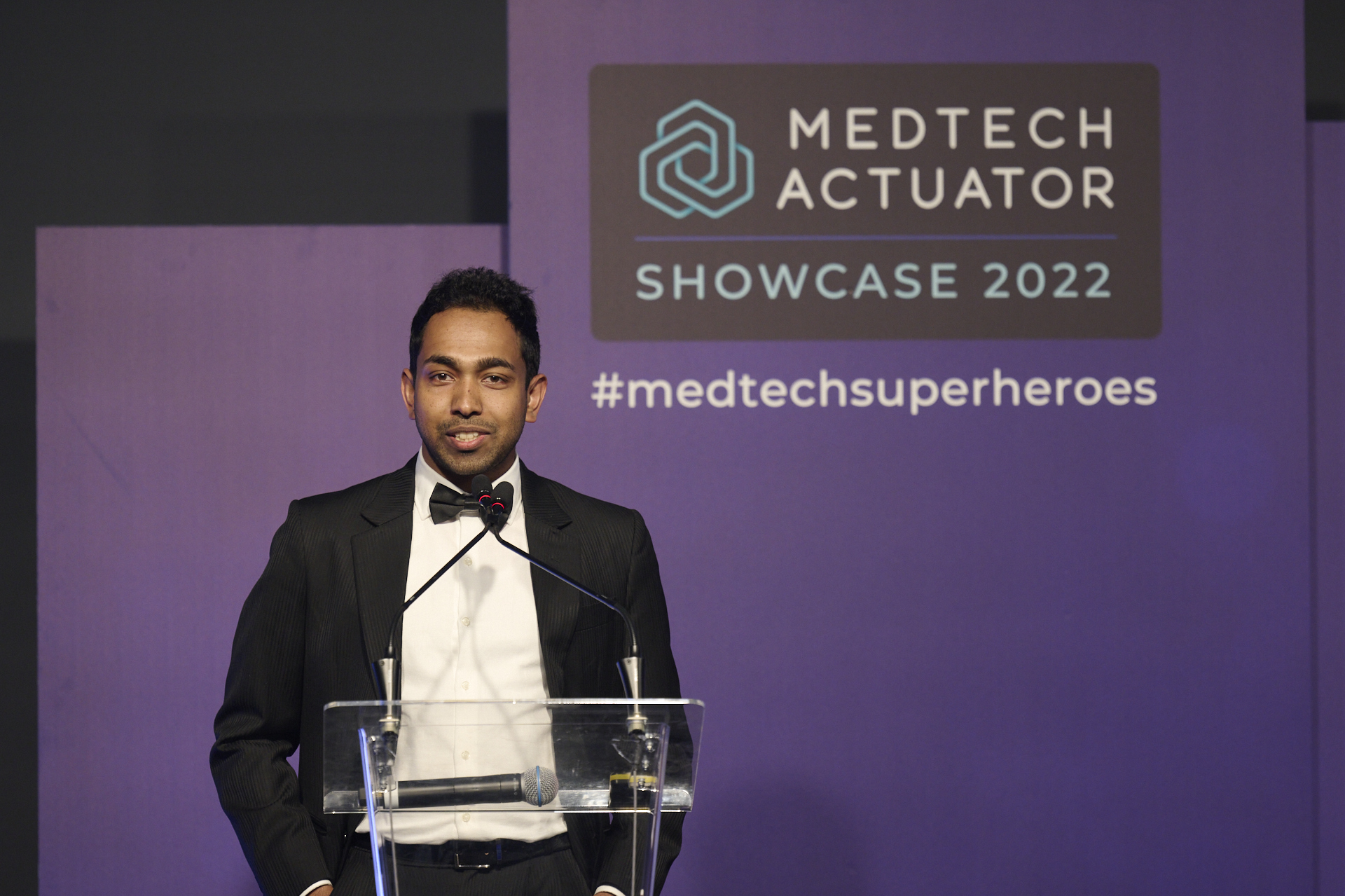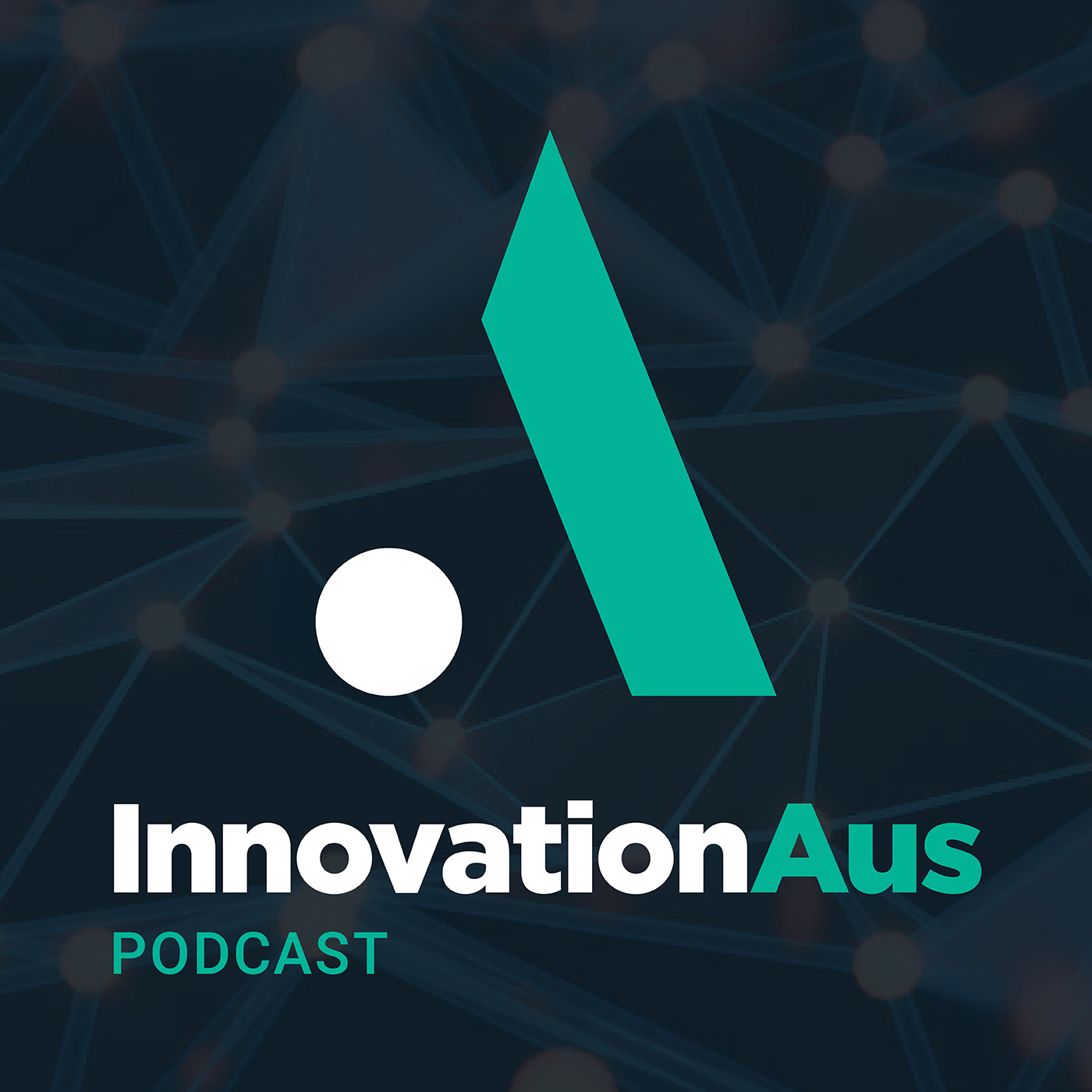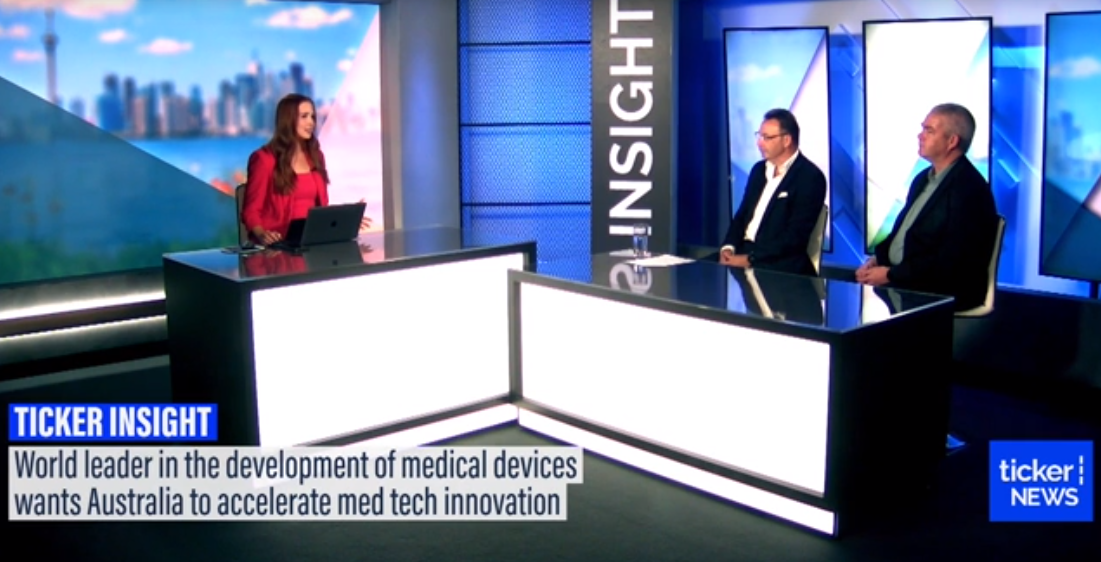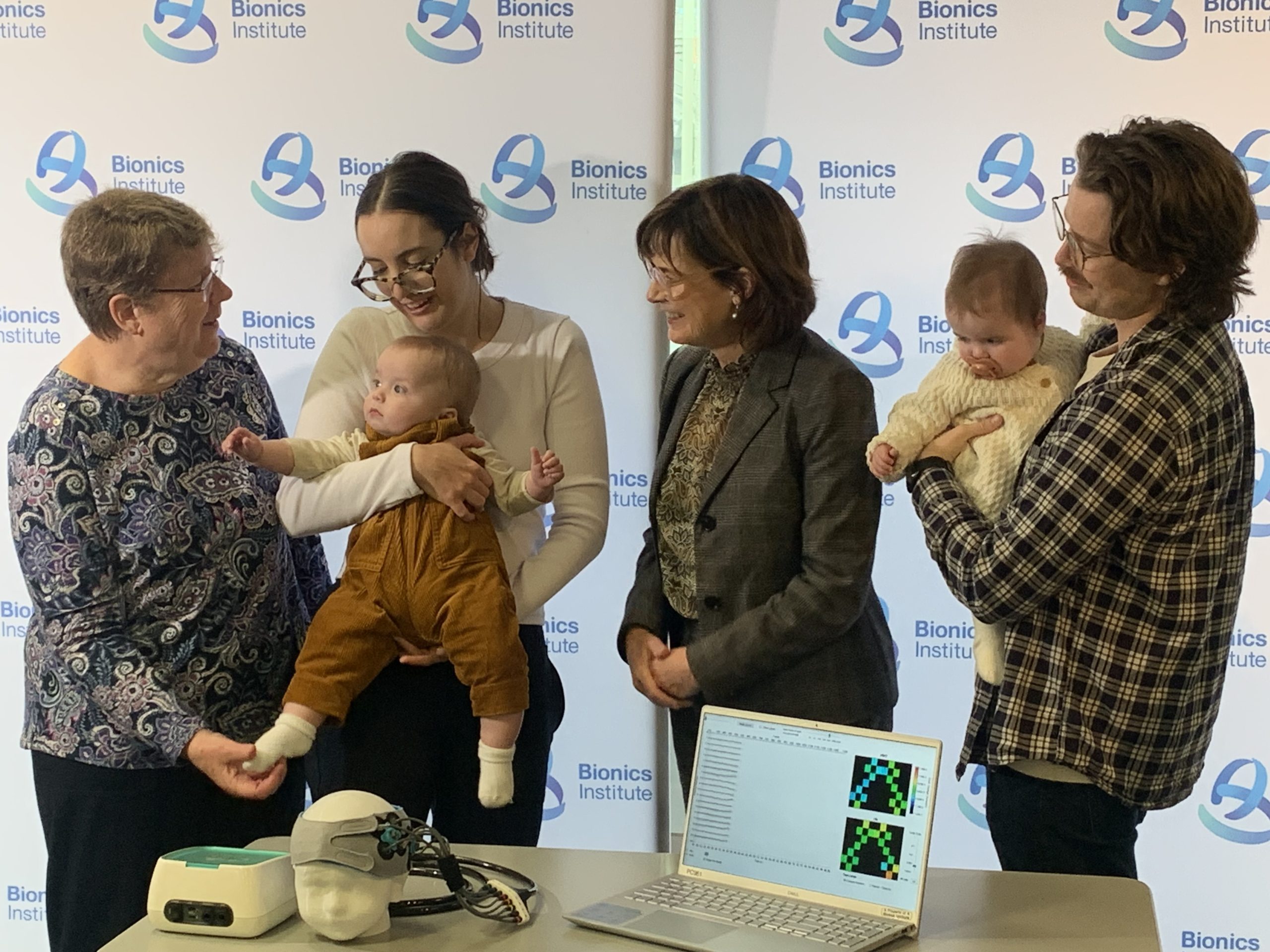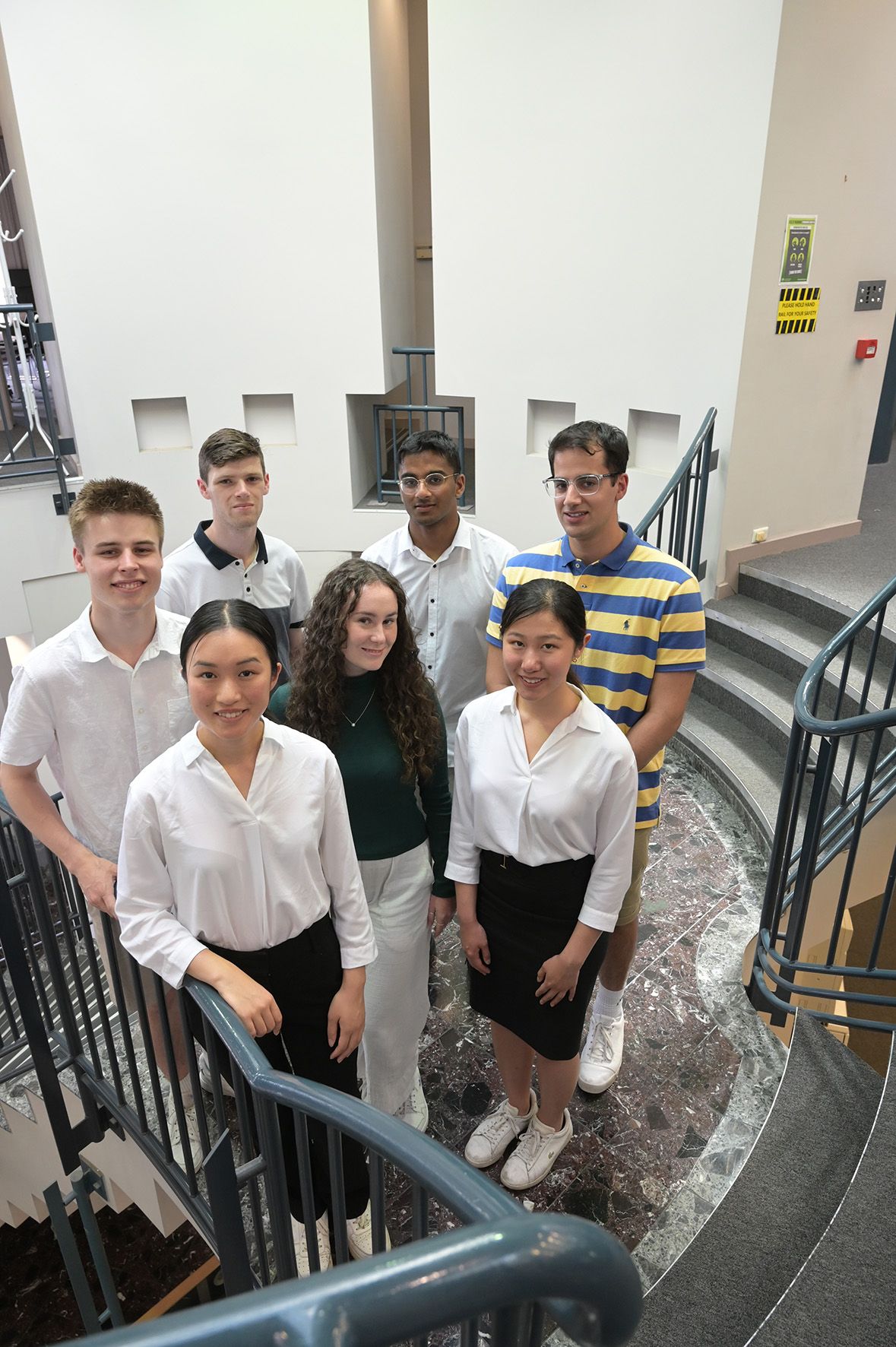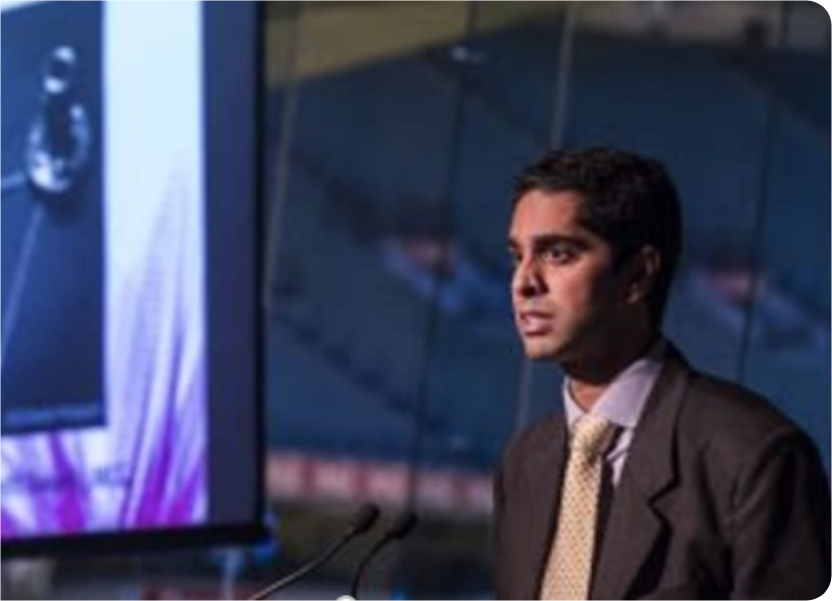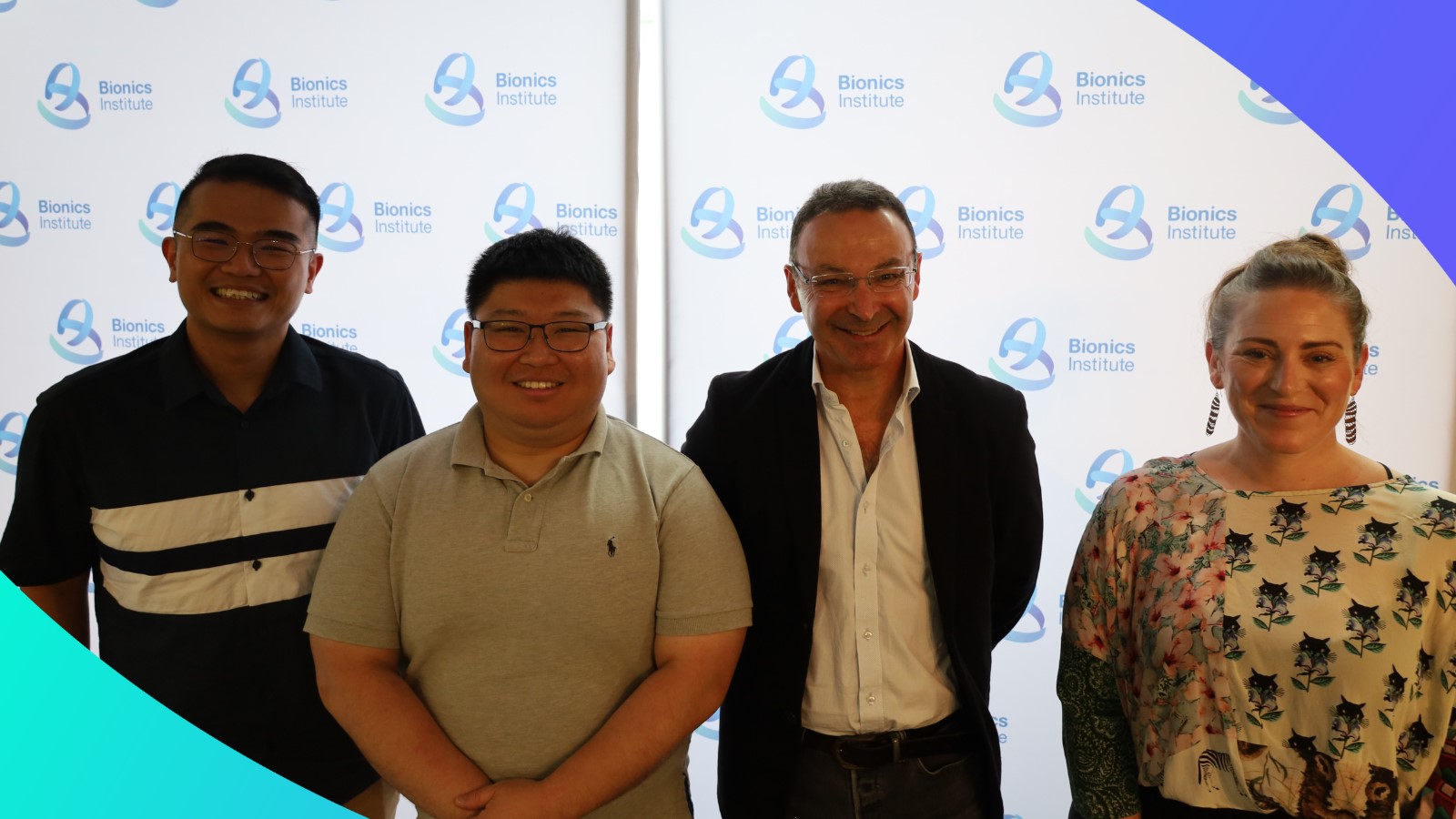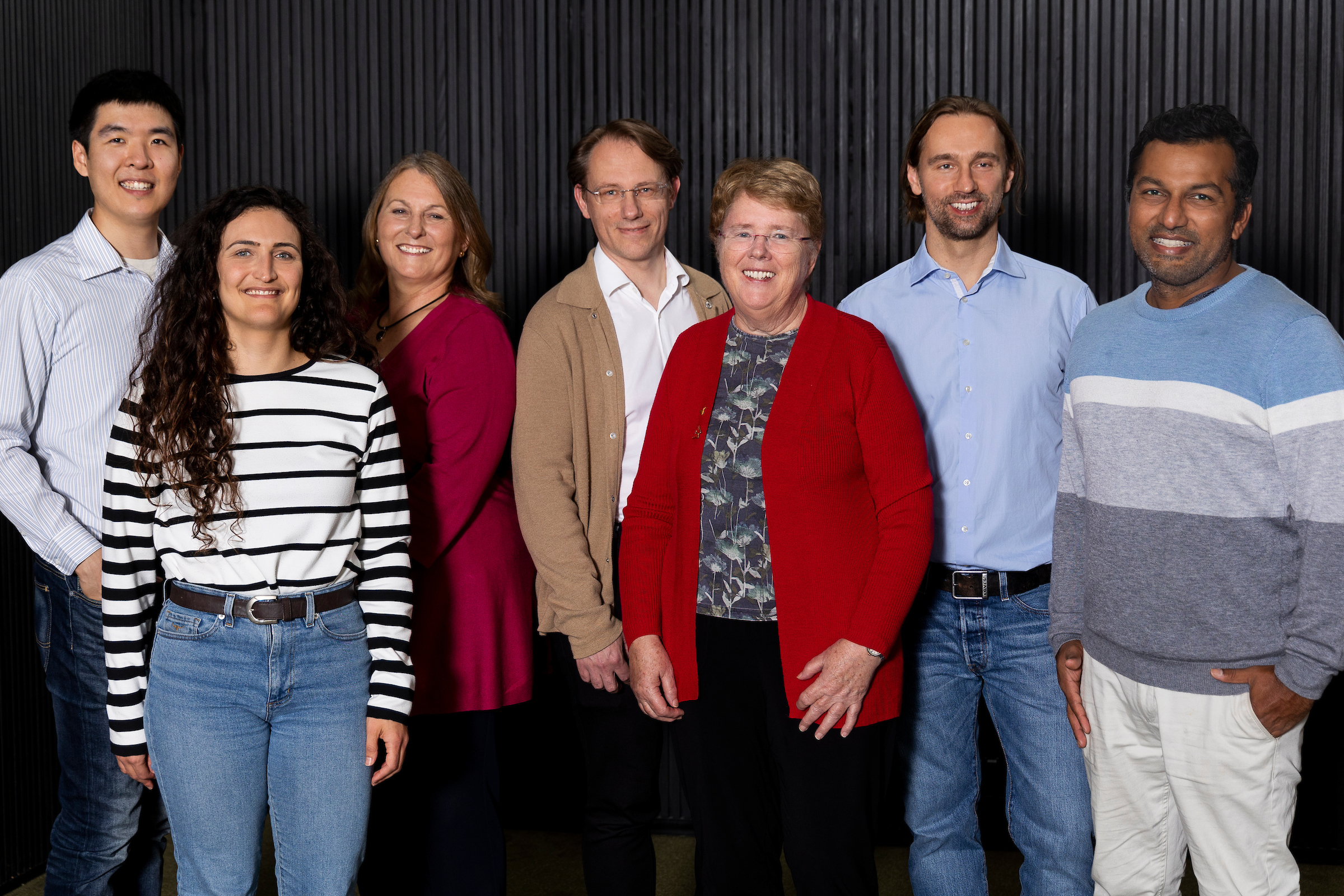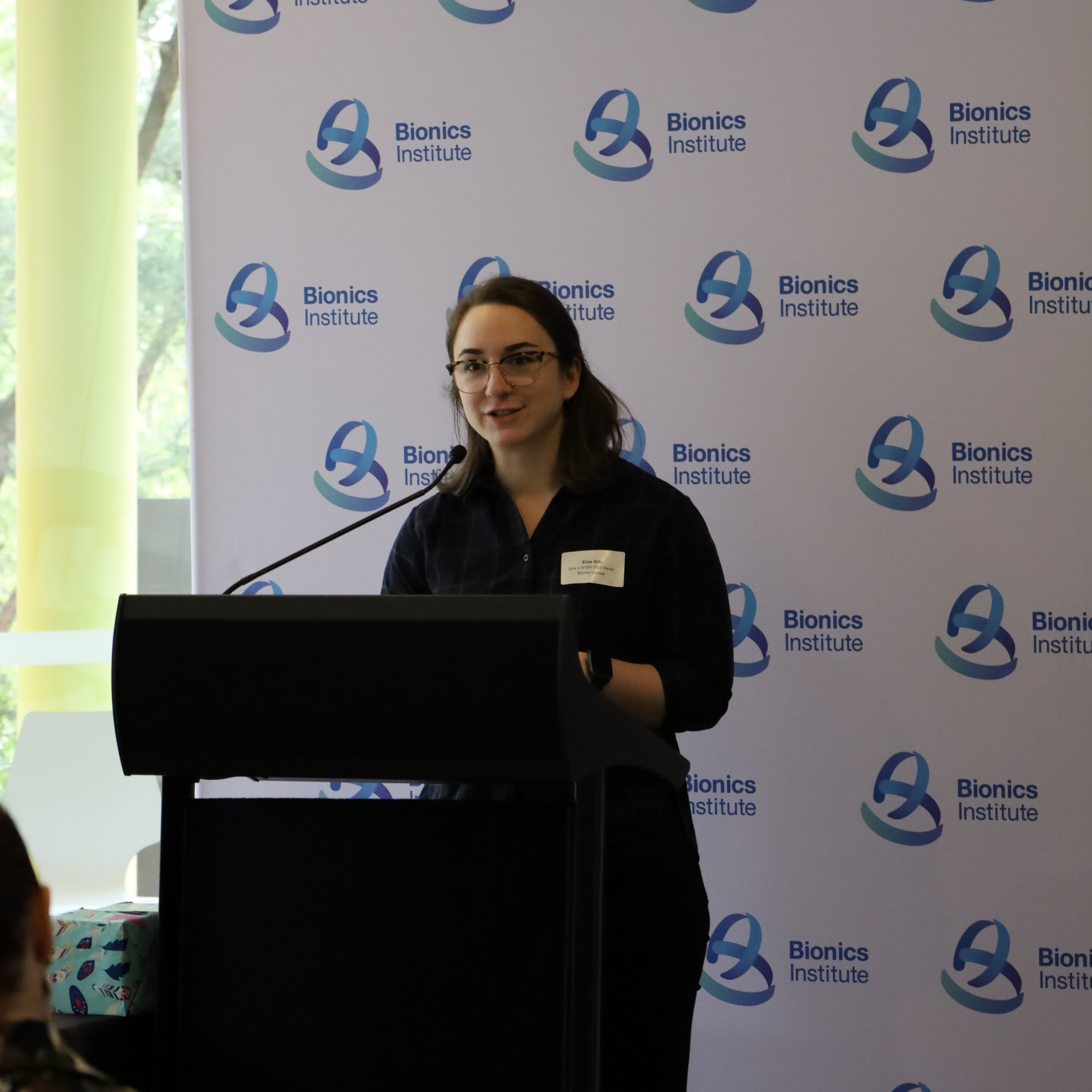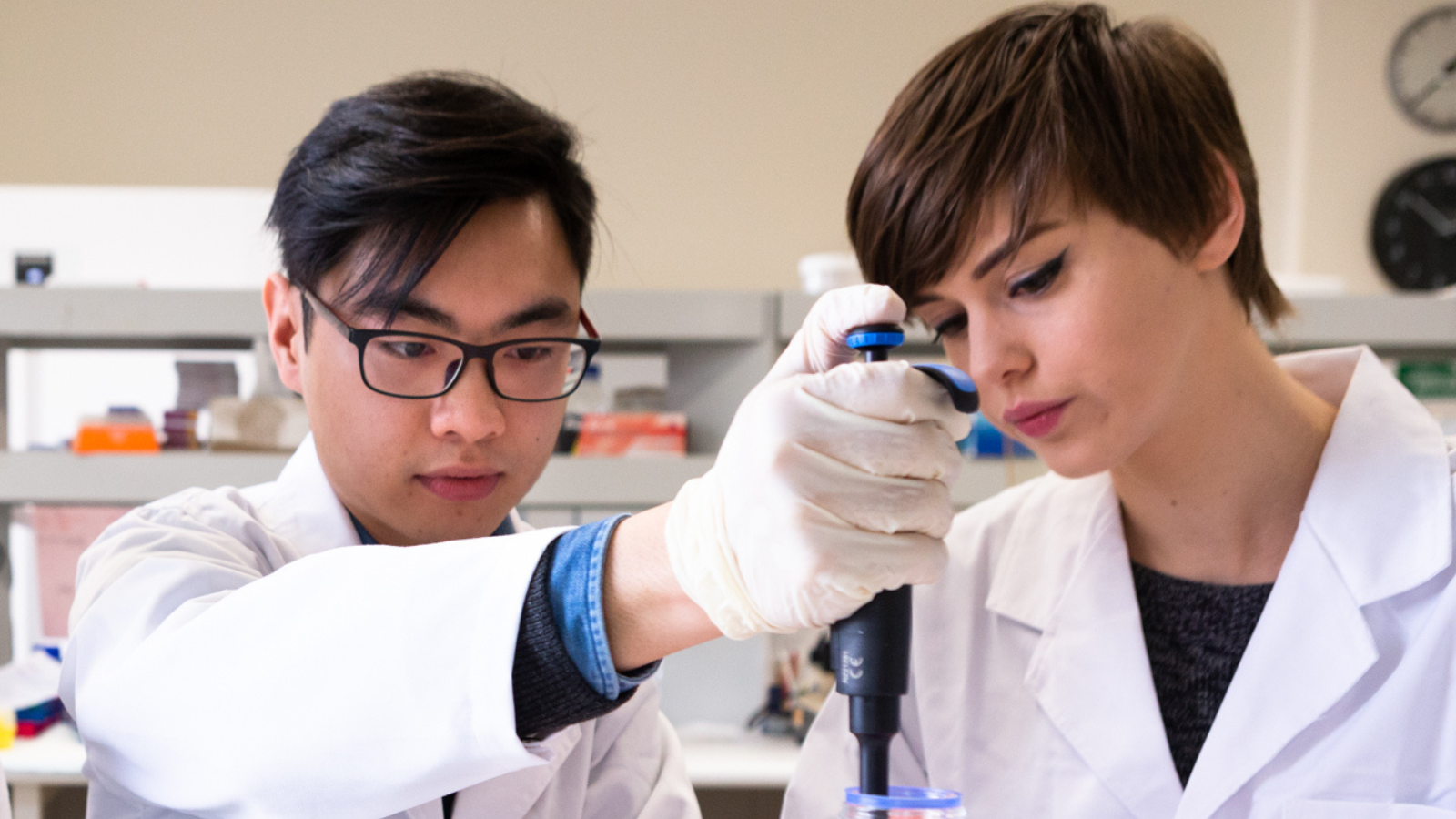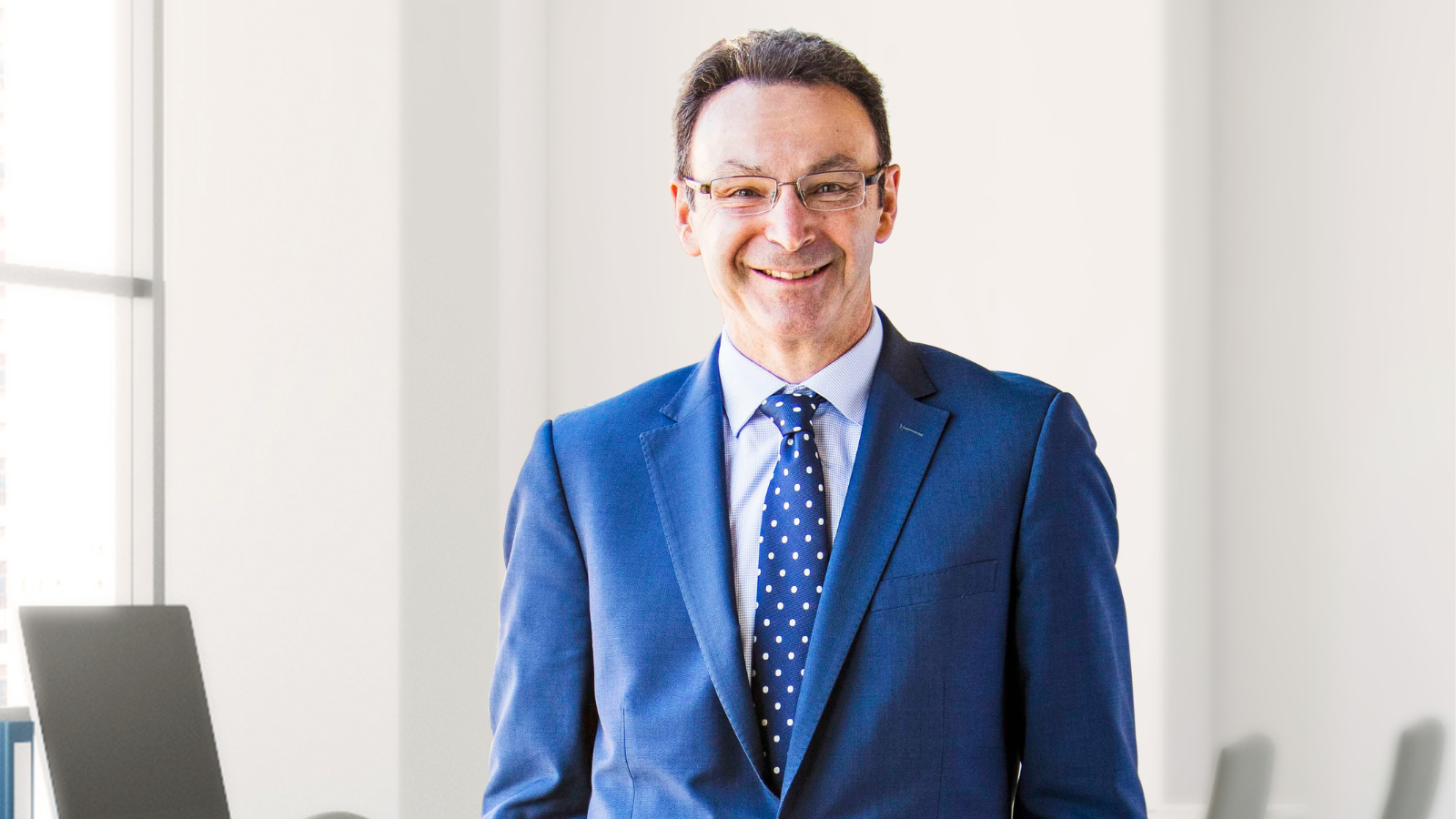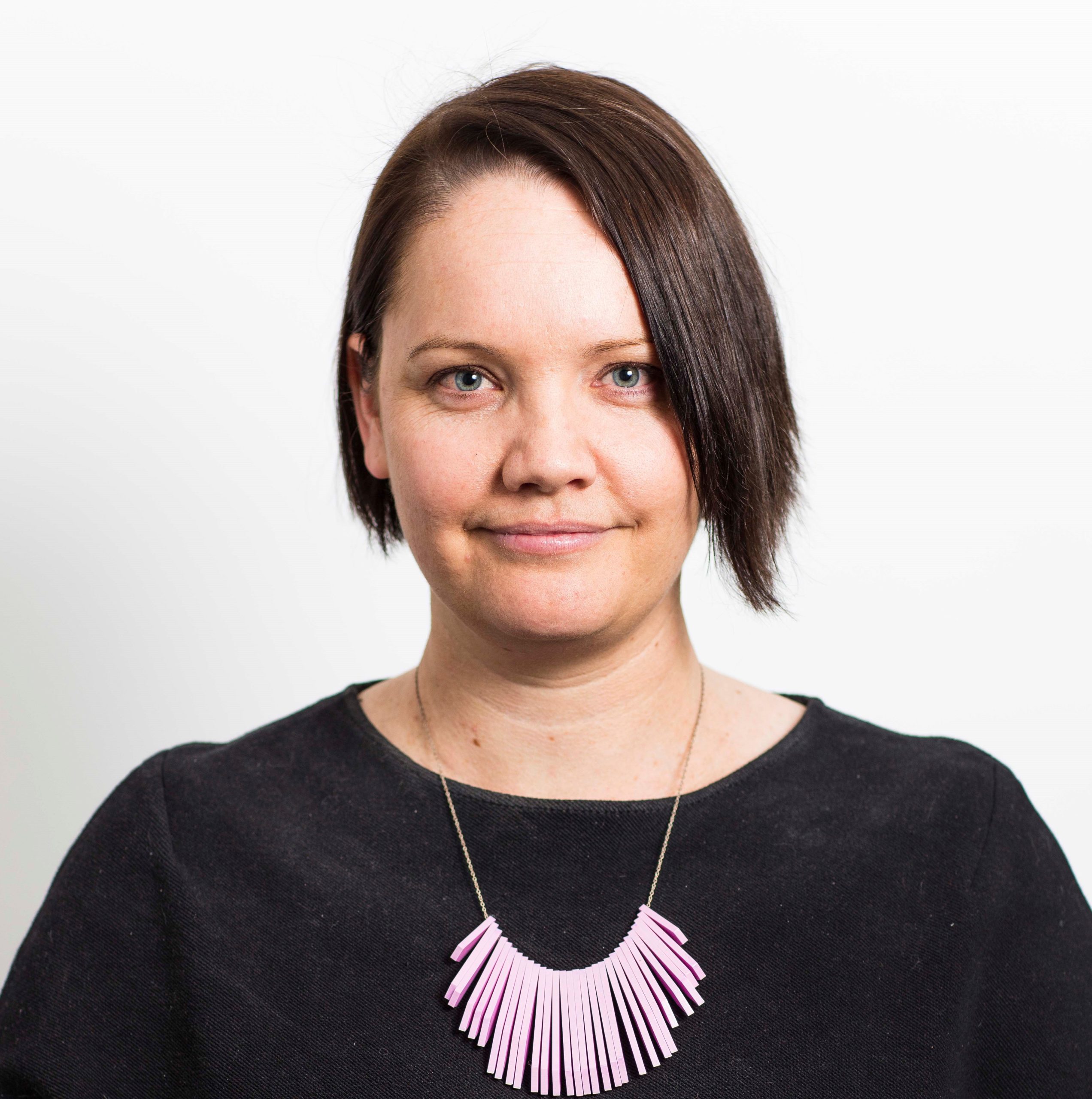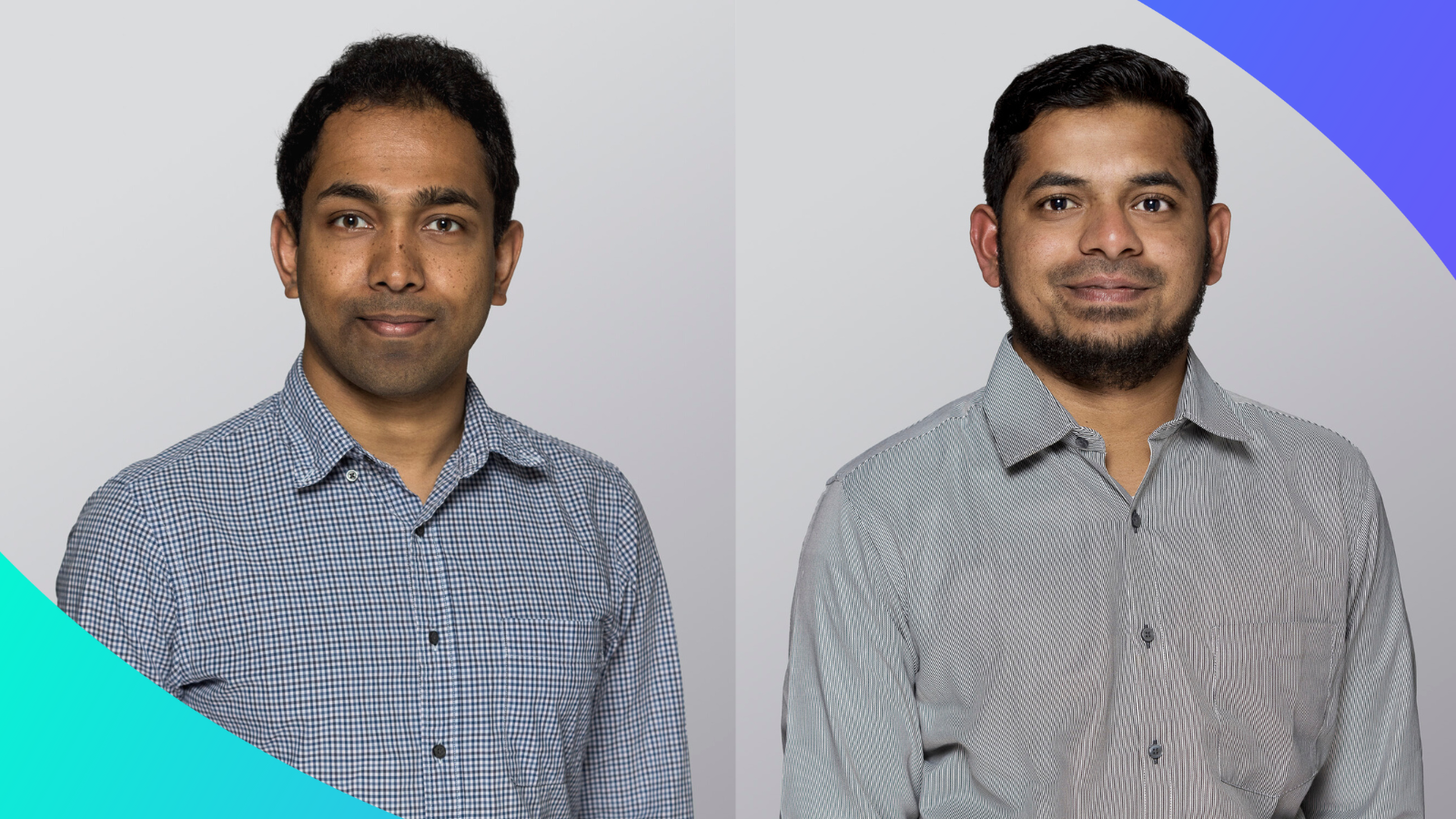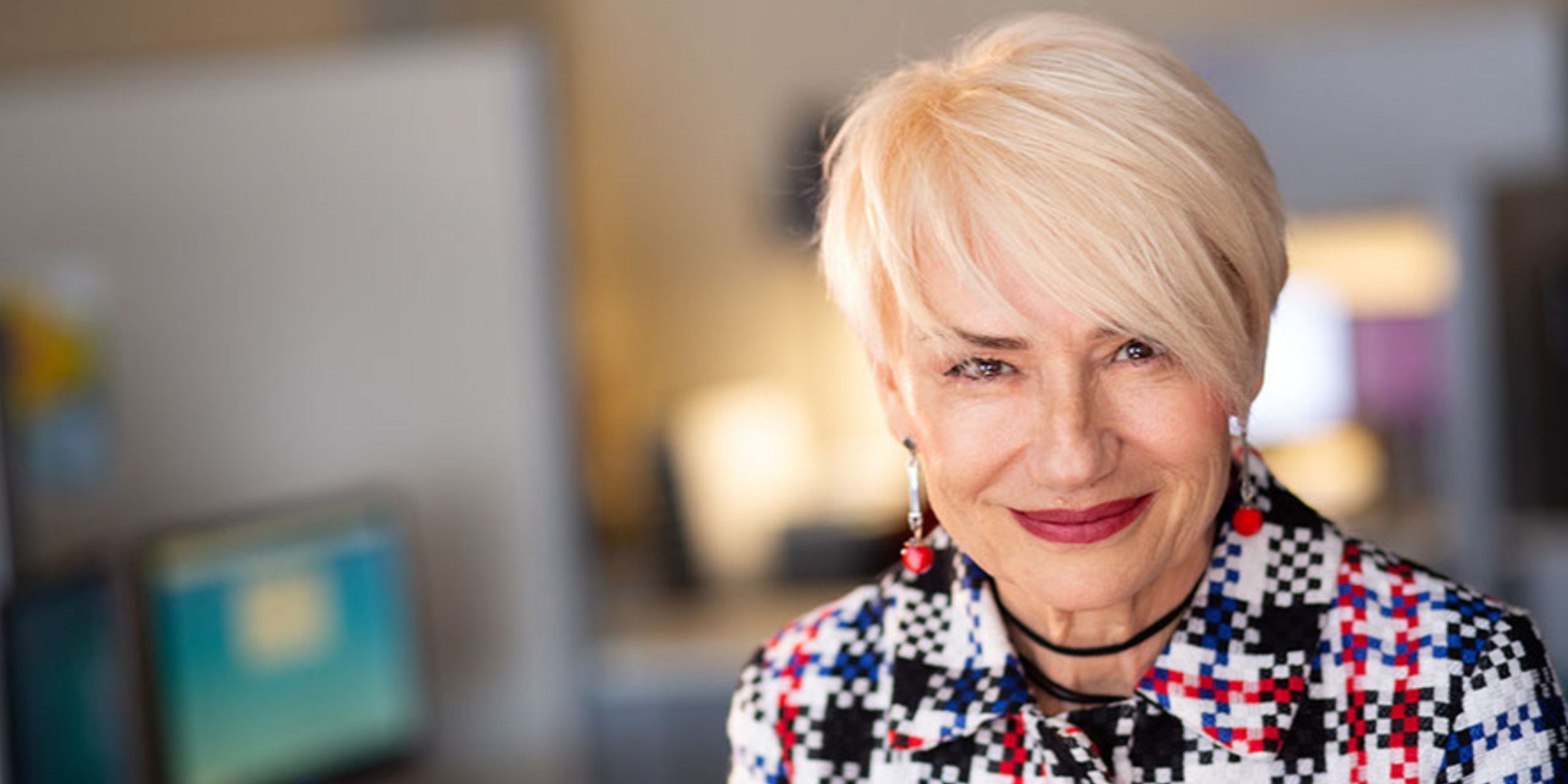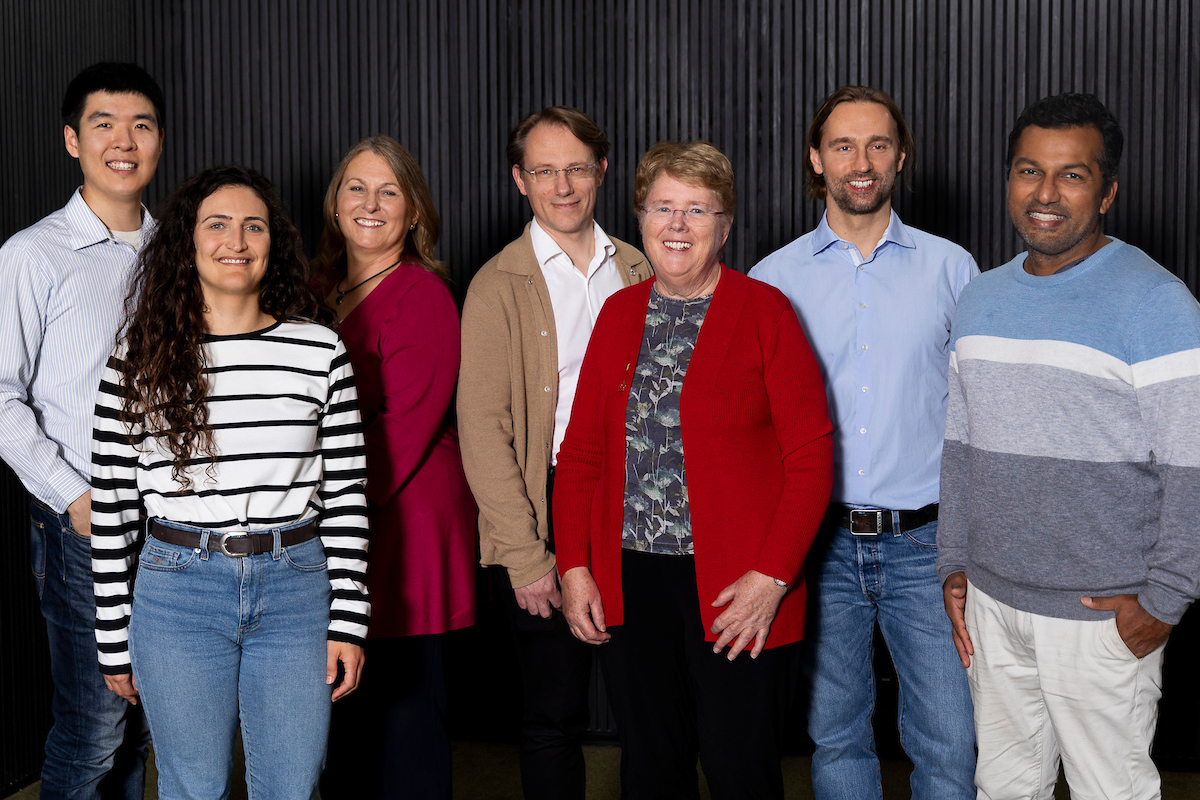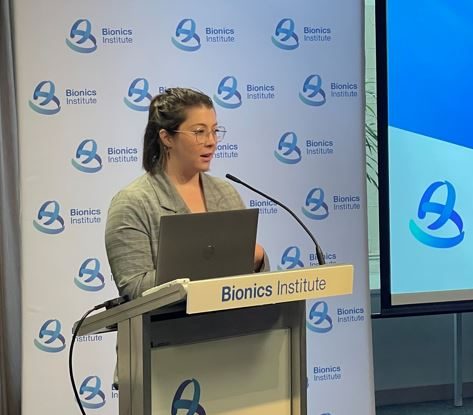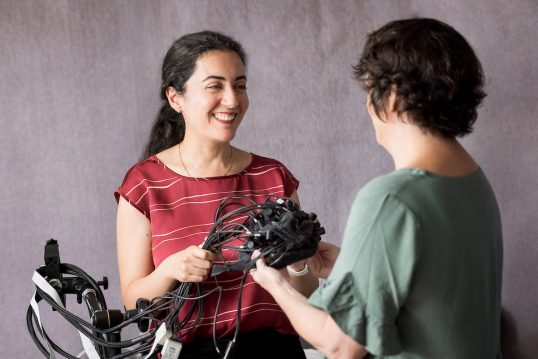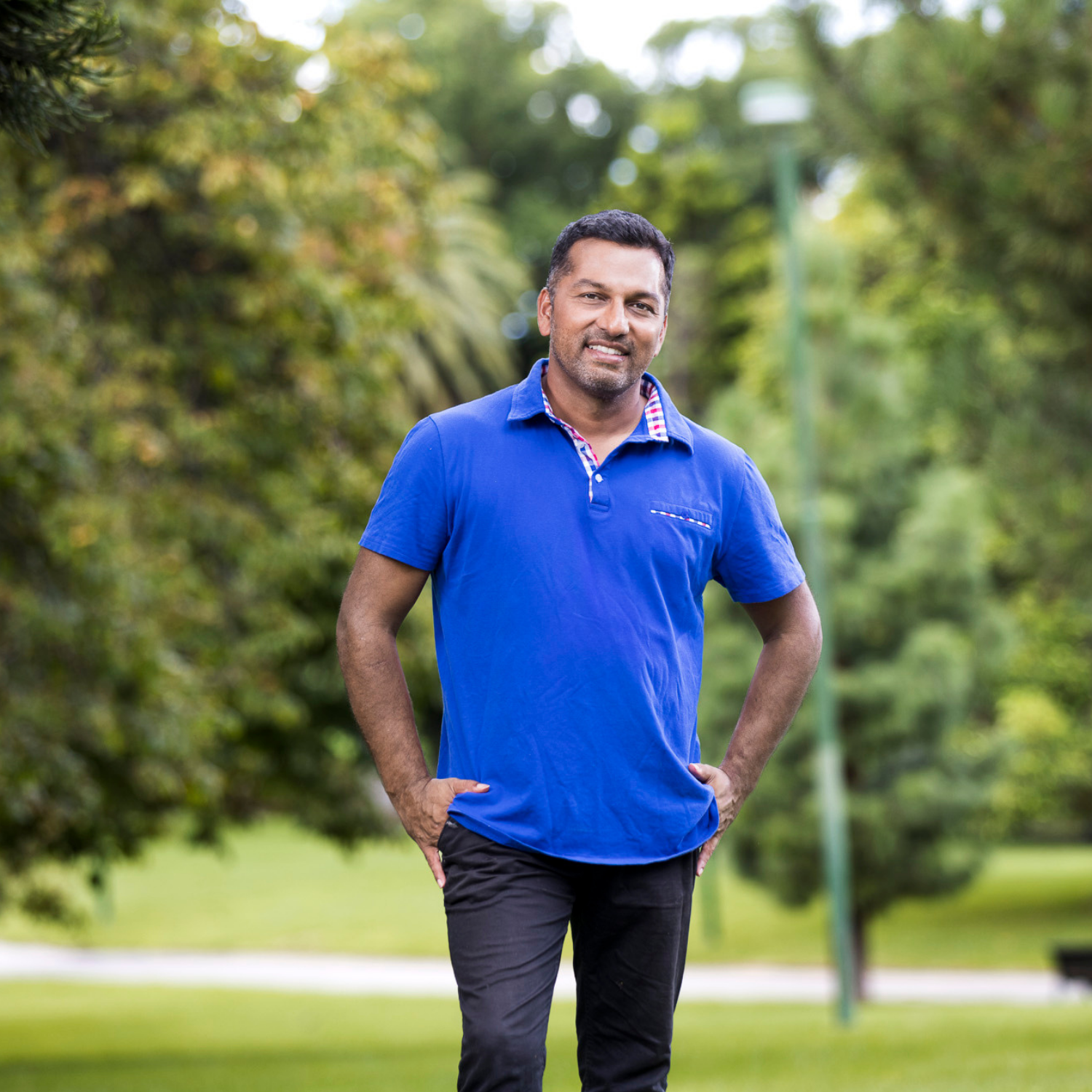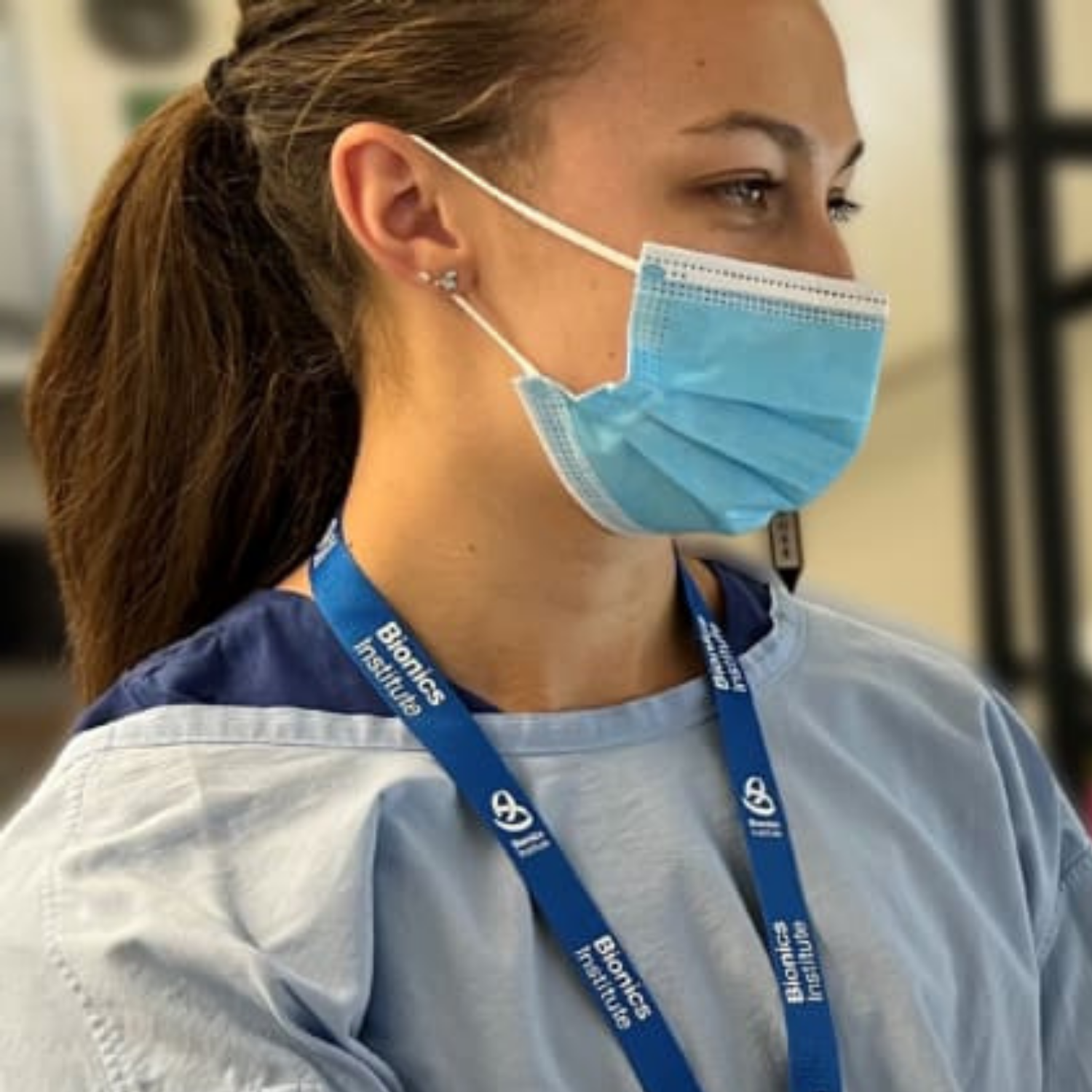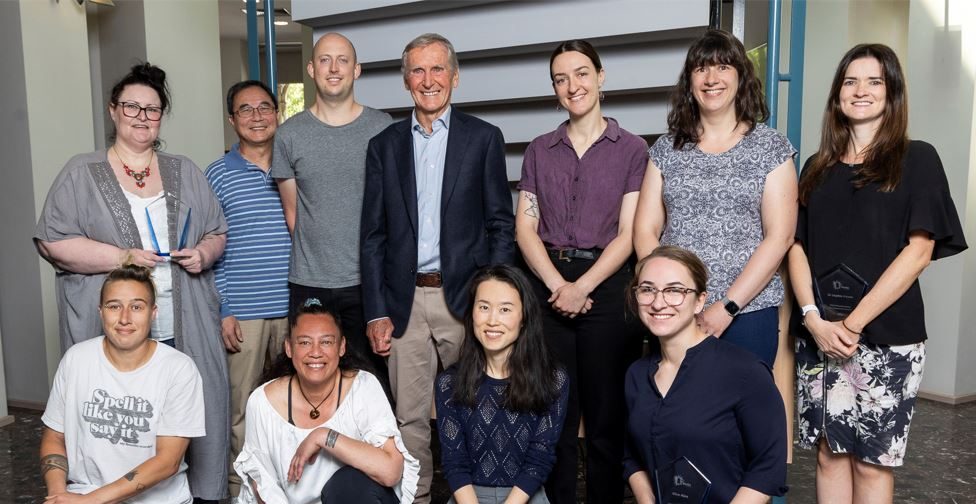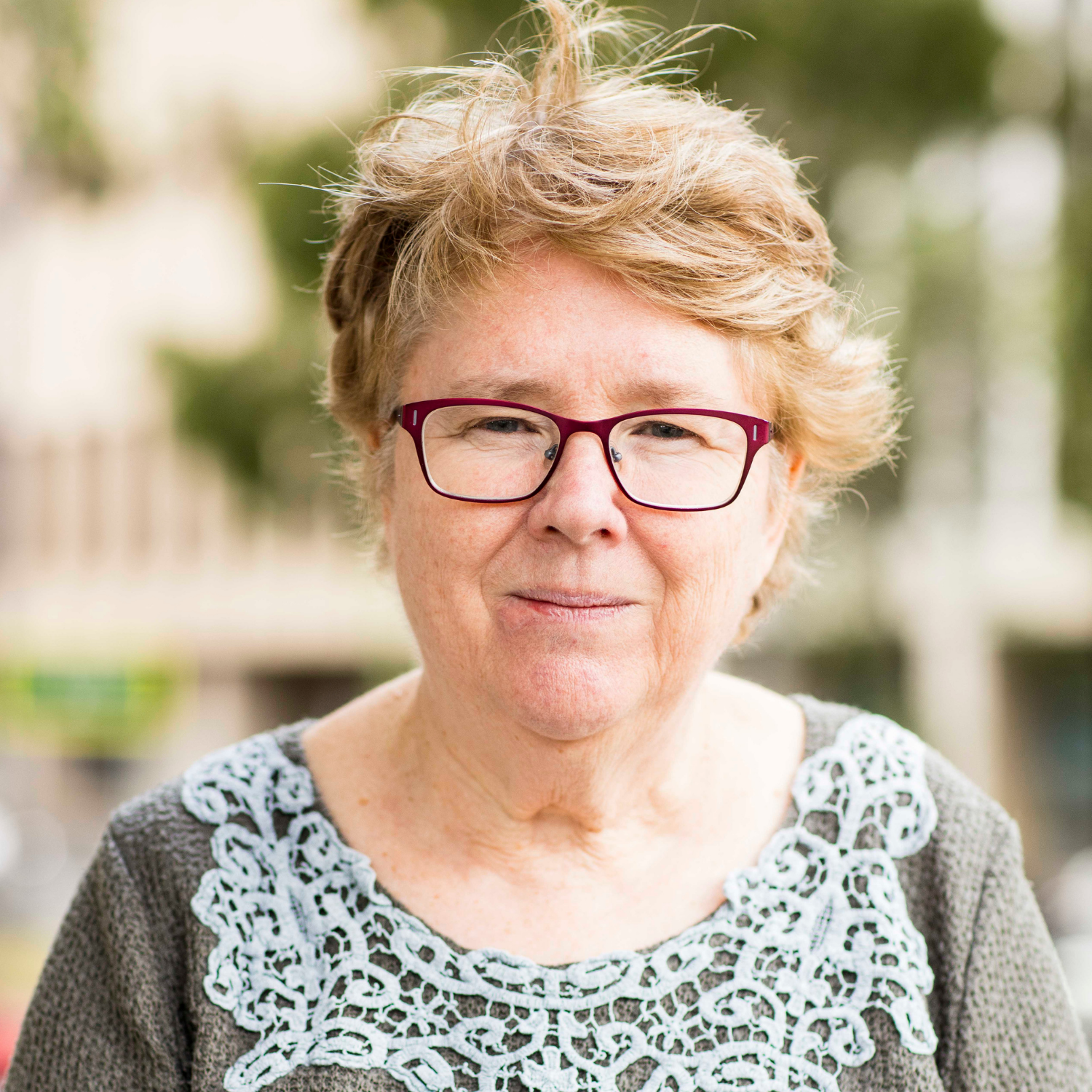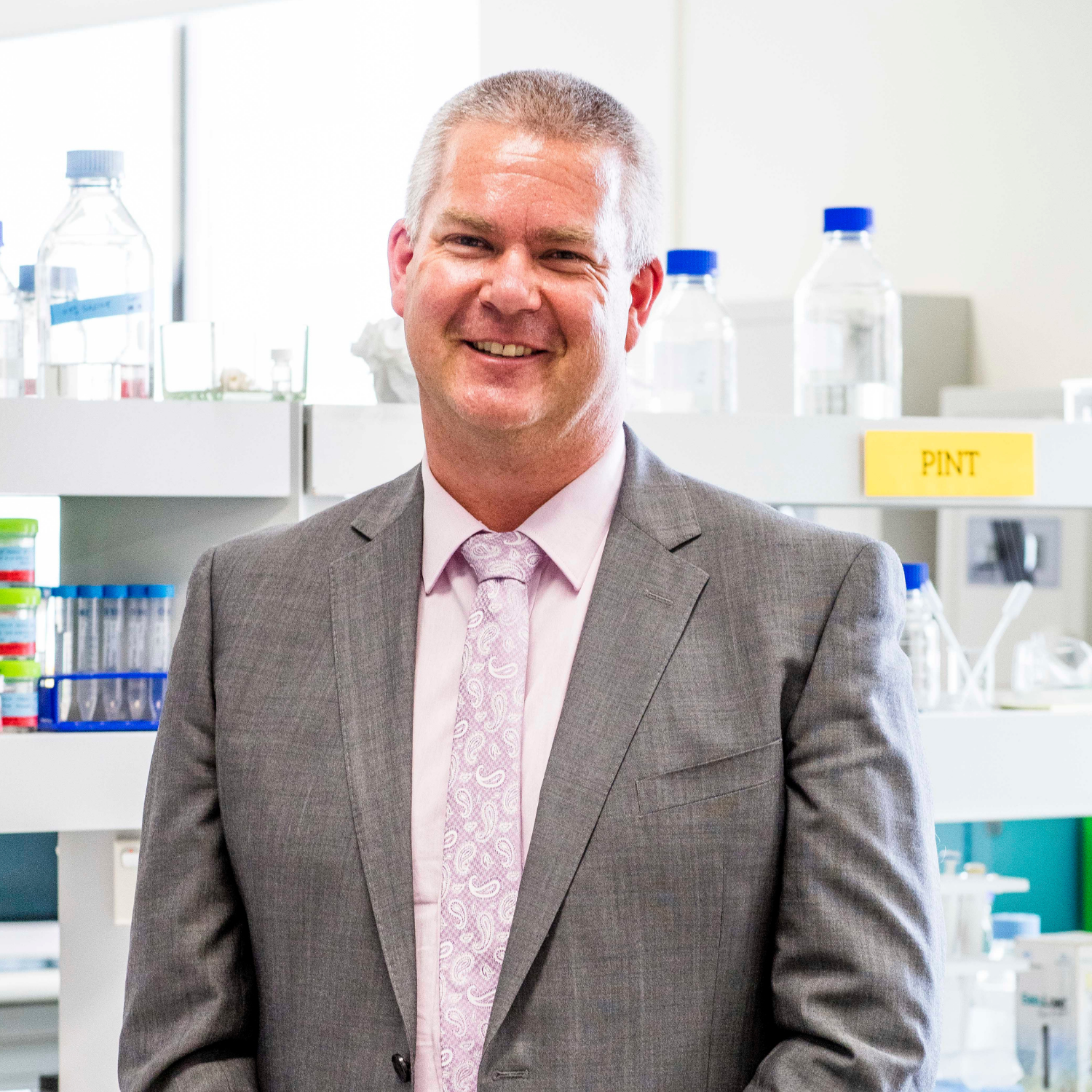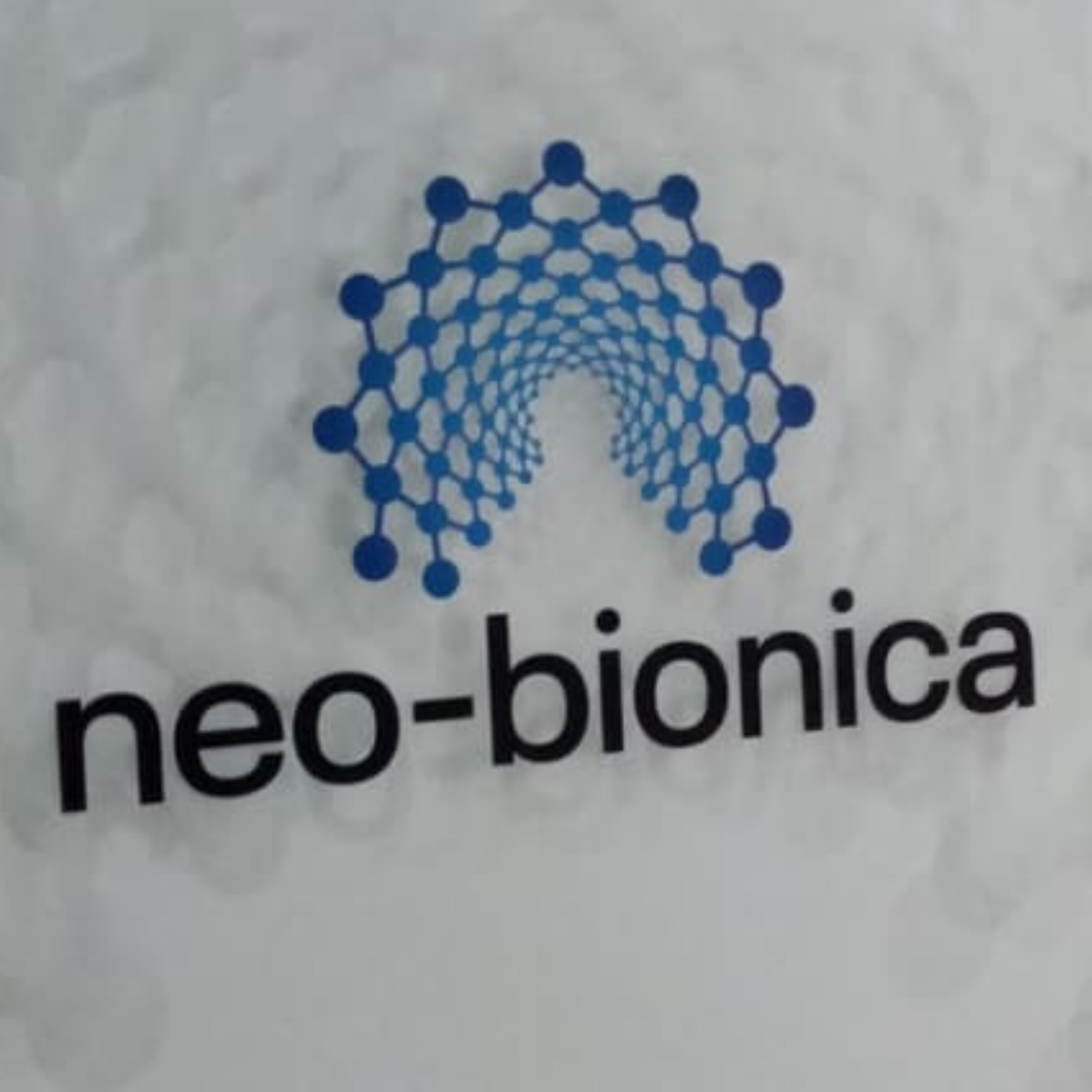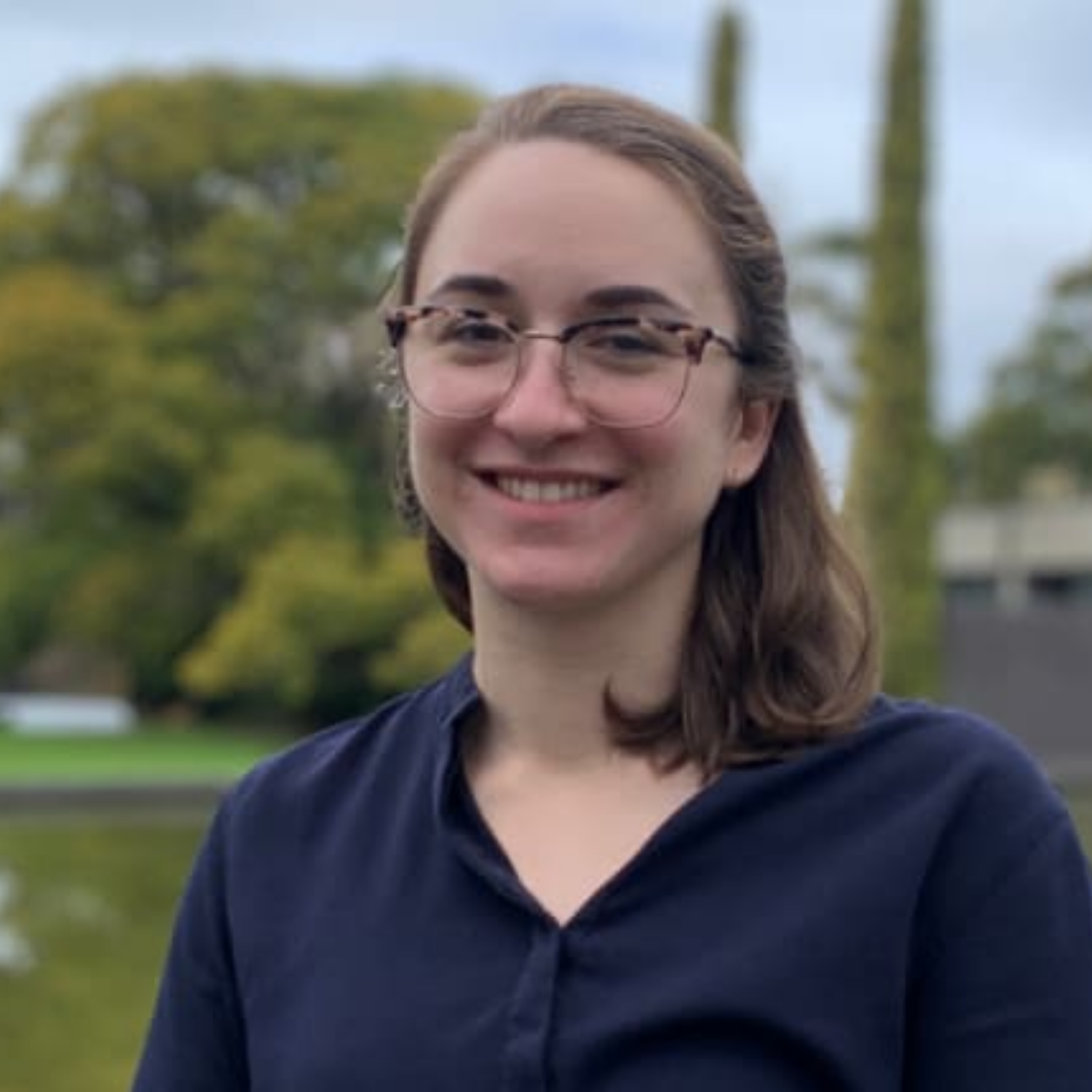Our seminars
Biomedical Seminars
Each month, our public seminars are an opportunity to hear about our research projects and learn from local and international biomedical thought leaders.
You don’t need to be a researcher or academic to come along, all members of the public are welcome to join our seminars.
15 December – Professor Ian Bruce
Measuring and modelling variability in auditory nerve responses to cochlear implants
Physiological studies in animal models from the 1980’s and early 1990’s suggest that variability in the auditory nerve (AN) response to cochlear implant (CI) stimulation is much less than that for acoustic stimulation. Computational modelling studies starting in the mid 1990’s indicate that the degree of variability present for CI stimulation might still be a limiting factor in perceptual performance with a CI.
However, methods for quantifying variability in AN responses in humans have only recently been proposed. Kelly Harris and colleagues have shown that the variability in the click-evoked acoustic compound action potential (CAP) may differ across listeners due to cochlear synaptopathy (a.k.a. “hidden hearing loss”) and that the level of variability partially accounts for differences in speech-in-noise perception across listeners.
In this talk, Professor Ian Bruce will discuss how variability in auditory nerve responses to cochlear implant stimulation can be investigated using computational models and measured in the human electrical compound action potential (eCAP). Preliminary human electrophysiological data indicates that variability in the eCAP is predictive of both gap detection thresholds and speech-in-noise performance of cochlear implant users.
Time: 4pm – 5pm
Date: Friday 15 December
Location: In person or online.
To register your in-person attendance or to receive the webinar link, email: [email protected]
Professor Ian Bruce Biography
Ian completed his Bachelor’s degree in Electrical and Electronic Engineering at the University of Melbourne in 1993 and then worked for a year as a Research and Teaching Assistant at the University of Technology in Vienna, Austria.
He was subsequently a PhD student at the Bionic Ear Institute, receiving his doctorate from the University of Melbourne in 1998. From 1998 to 2001, Ian did a Postdoctoral Fellowship in the Department of Biomedical Engineering at the Johns Hopkins University in Maryland, USA.
In 2002, Ian joined the faculty at McMaster University, Hamilton, Canada. He is currently a Professor in Electrical & Computer Engineering at McMaster, as well as being engaged in interdisciplinary research and academic activities in biomedical engineering, neuroscience, psychology, and music cognition. His research is focussed on applying cutting-edge experimental and computational methods to better understand, diagnosis and treat hearing disorders.
Social Media: Website; LinkedIn
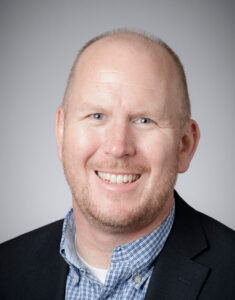
.




